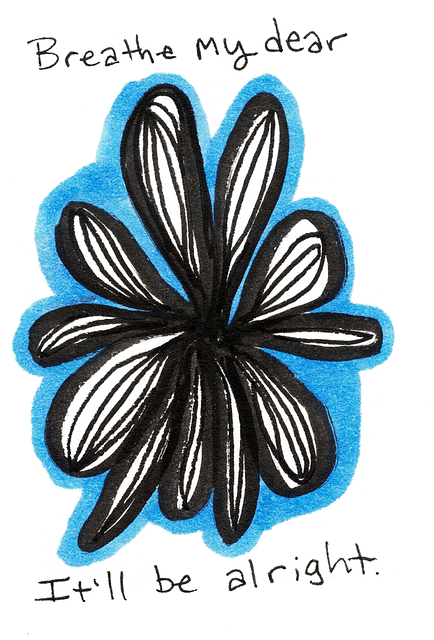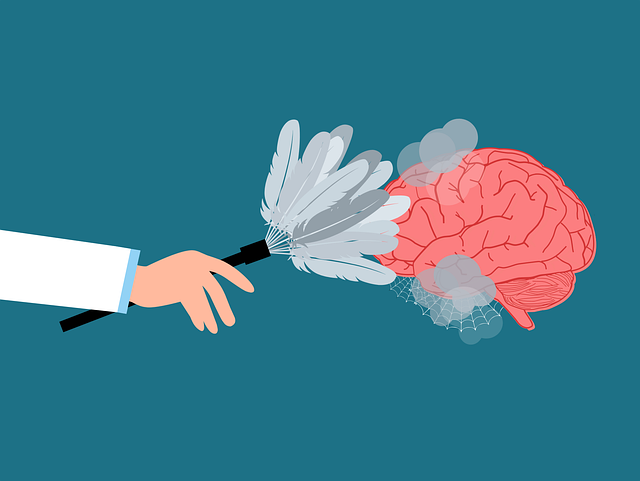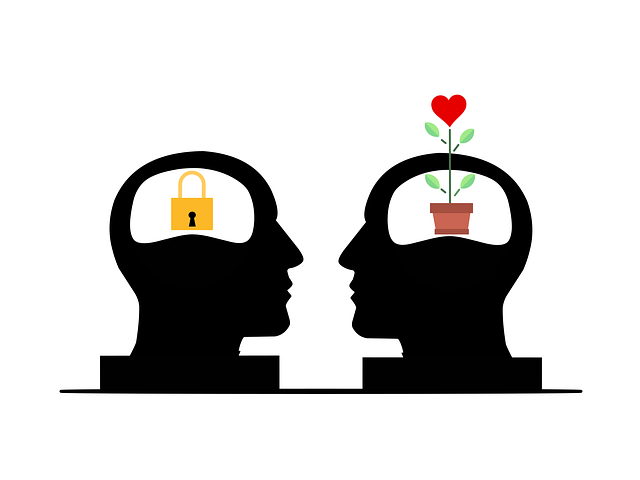Cultural sensitivity in mental healthcare is vital, especially in diverse communities like Lone Tree, where organizations like Spanish-speaking therapy services address language and cultural barriers. By providing specialized care, they enhance trust and communication. This involves therapist training, translation services, understanding local customs, and adapting therapeutic techniques to improve outcomes and create an inclusive environment. Lone Tree Spanish Speaking Therapy serves as a model for bridging diverse patient backgrounds with clinical practice through language-sensitive care and cultural competence training, ensuring equal access to quality mental healthcare.
Cultural sensitivity is a cornerstone in providing effective mental healthcare, especially in diverse communities like Lone Tree. This article explores the concept of cultural sensitivity and its impact on mental health practice. We delve into specific challenges faced by Spanish-speaking therapy providers in Lone Tree, offering insights into navigating cultural barriers. Additionally, practical strategies are presented to enhance cultural competence, ensuring inclusive and sensitive care for all.
- Understanding Cultural Sensitivity in Mental Healthcare
- Challenges and Considerations for Lone Tree Spanish Speaking Therapy
- Strategies to Enhance Cultural Competence in Clinical Practice
Understanding Cultural Sensitivity in Mental Healthcare

Cultural sensitivity in mental healthcare is a crucial aspect that cannot be overlooked, especially in diverse communities where individuals from various ethnic and cultural backgrounds seek support. It involves understanding and respecting different beliefs, values, and traditions, ensuring that care is tailored to meet each patient’s unique needs. This approach is essential for building trust and fostering effective communication between therapists and clients, particularly in the case of Lone Tree Spanish Speaking Therapy, where language and cultural barriers are addressed with specialized services.
By incorporating cultural sensitivity, mental health professionals can navigate complex issues such as unconscious biases, microaggressions, and systemic barriers that may impact a patient’s experience. Effective risk management planning for mental health professionals includes integrating cultural competency training and regular risk assessments to identify potential challenges. Moreover, promoting stress reduction methods tailored to diverse populations can enhance therapeutic outcomes and contribute to a more inclusive healthcare environment.
Challenges and Considerations for Lone Tree Spanish Speaking Therapy

Providing mental healthcare services to the Spanish-speaking community in Lone Tree presents unique challenges that require careful navigation. Language barriers can significantly impact communication, making it essential for therapists to either speak the language fluently or employ effective translation services. This is crucial for ensuring that clients feel understood and comfortable sharing their thoughts and experiences. Moreover, cultural differences in expressing emotions, personal space, and family dynamics must be respected and integrated into treatment plans.
Therapists offering Lone Tree Spanish Speaking Therapy should adopt empathy-building strategies to bridge these cultural gaps. This might involve learning basic phrases, understanding local customs, and adapting therapeutic techniques to align with the community’s preferences. By fostering an environment of trust and respect, therapists can enhance their clients’ willingness to participate in activities promoting self-care routine development for better mental health, such as mindfulness practices or stress management techniques, thereby boosting their overall confidence.
Strategies to Enhance Cultural Competence in Clinical Practice

Incorporating cultural sensitivity into mental healthcare requires a proactive approach to bridge the gap between diverse patient backgrounds and clinical practice. One effective strategy is Lone Tree Spanish Speaking Therapy, which not only addresses language barriers but also fosters trust and understanding among culturally diverse populations. By providing therapy in a patient’s native language, healthcare professionals create a safe space, encouraging open communication and accurate assessments. This approach is pivotal in ensuring that Inner Strength Development, Stress Reduction Methods, and Emotional Healing Processes are tailored to each individual’s unique cultural needs.
Additionally, cultural competence training for mental health practitioners can significantly enhance their ability to offer sensitive care. Such training often involves learning about different cultural beliefs, values, and practices related to mental health and wellness. By understanding these nuances, therapists can adapt their interventions, ensuring that they respect and honor the client’s cultural identity. This holistic approach not only improves treatment outcomes but also promotes equal access to quality mental healthcare for all, including Spanish-speaking communities.
Cultural sensitivity is an indispensable aspect of mental healthcare, especially in diverse communities like Lone Tree. By recognizing and addressing cultural differences, such as those faced by Spanish-speaking individuals, therapists can create a more inclusive environment. The strategies outlined in this article, including education, translation services, and cultural competence training, are essential tools for professionals to enhance their practice and better serve the unique needs of Lone Tree Spanish speaking therapy clients.














